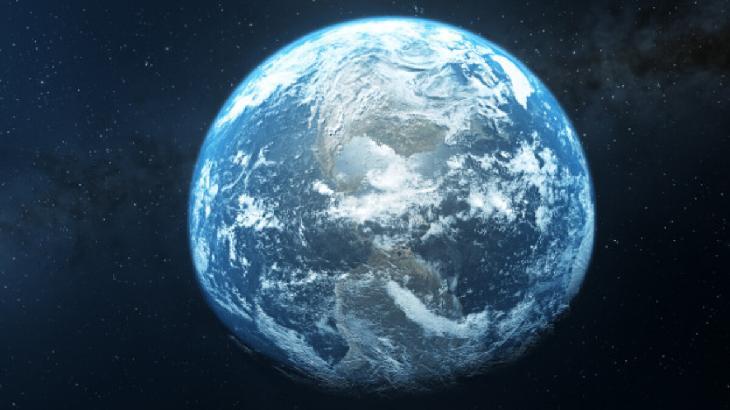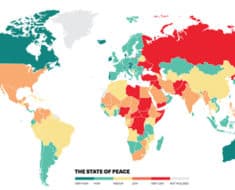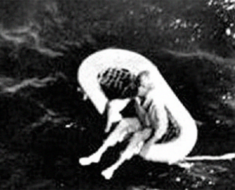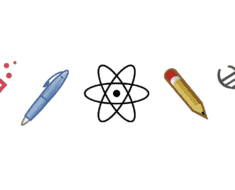
ks.no
Science education can be described as the study, storage, and teaching of the earth and life. The earth is full of mysteries, and so is life. Mother nature is absolutely complete with everything needed for it to thrive, but it has to be diligently unraveled.
Unraveling mother nature requires in-depth analysis, patience, and storing the acquired information. Without these three factors, a scientist will have an inconclusive result or lose interest after some failed attempts, or the received data will be lost without proper documentation and storage. The proper documentation and storage of scientific information make its education possible.
Human beings use only about ten percent of their brain capacity. There’s no limit to what the brain can know if taught properly, but there’s a huge limit to what our brains can adequately store and quickly recall when needed. As a result, students are being prescribed the cure of “pay the essay writer” for coursework, and we mustn’t cast blame now. The brain capacity limitation is also the reason why, over the years, we have been able to find effective ways of documenting and storing information that can be easily passed down to the next generation.
Interestingly, the next generation can never be satisfied with the information they receive from the older generation. It’s a continuous process engraved in the very core of human nature. This insatiable hunger for more drives the latest generation to either debunk past scientific norms, build on existing ones to upgrade their status, or completely propound new theories and discover new scientific facts.
We naturally desire a better way of doing everything, and thus, we have to understand our surroundings better and deeper. To build better digital connectivity, scientists have to develop a deeper understanding of radio waves and their frequency. To create more durable vehicles and aircraft, scientists have to discover stronger metals by doing a more profound research on the earth’s geology and natural deposits.

Jeda ID
Humans have dug as deep as 12,262 meters into the earth, but the diameter of the earth is 12,756,000 meters. Therefore, humans have only been able to dig approximately 0.1 percent of the diameter of the earth. Who knows what other natural resources are waiting to be tapped down there. There are millions of unexplained planetary bodies. Only 5 percent of all the ocean bodies on earth has been discovered. There are many cures to different health problems yet to be found.
The vastness of the study of science can accommodate every human being. If everyone specialized in a specific area of the study of science, there would still be room for more people to fill in. Every category has a subcategory with multiple branches, and it expands the deeper we go. It is essential to reaffirm that although we are faced with so many uncertainties, time and diligence always reward scientific research.
It must also be highlighted that natural laws govern that science. Although these laws, as earlier explained, can yield bountiful benefits if properly obeyed, they can also respond with dangerous drastic measures if wrongly obeyed. We are well aware of the dangers of climate change, which can lead to massive deforestation.
Global pollution is on the rise, in terms of both our air purity and waste management. Various species are becoming extinct, thus reducing the biodiversity of the earth and disrupting vital food and survival chains. The oxygen levels in some parts of the oceans have dropped drastically to the point that they are regarded as ocean dead zones, killing the aquatic life in those areas.

medium.com
Overpopulation is ravaging various cities and bringing low health, social, and economic hardships with it. Cybercrimes and unauthorized surveillance are on the rise, putting our digital world, which is supposed to be the next frontier, at high risk of sudden collapse. The fight against the abuse of science is a general one, where both scientists and nonscientists (everyone) is involved.
We must commend the actions of various conservationists. These people carry the heavier part of the responsibility of sensitization and preservation of mother nature. Green energy pioneers and users must also be highly commended and encouraged to take up the same mantle for the preservation of our environment.
Science education is responsible for the good we see today, and also responsible for ensuring that we quench the bad. We will advance way beyond our present level of civilization. More inventions will change the norm. More science courses will be introduced into the global educational curriculum. Students will enjoy better and more effective ways of being taught science. Science education is a never-ending pillar of our ease of living and survival.









































